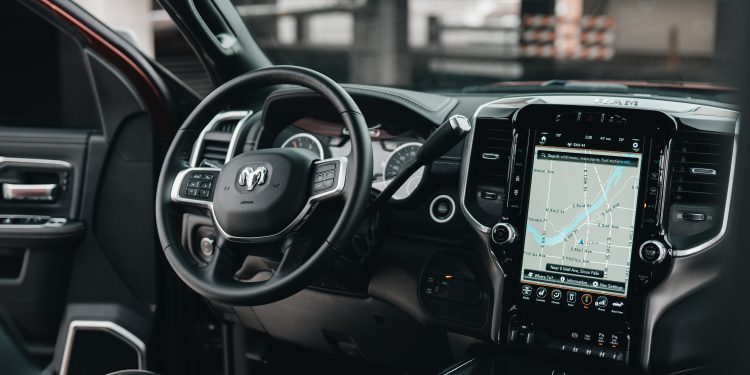Buying a car is something of a minefield in this day and age; difficulties with manufacture have seen the cost of used vehicles skyrocket, while a wider cost of living crisis has made it harder for households and new drivers to justify a new car purchase. However, there are means by which a car can be purchased with financial assistance from lenders, in the forms of car loans or financing agreements. But how do they work, and what are the advantages of each?- Using a Car Loan
What are Car Loans?
A car loan is exactly that: a loan you can take out in order to purchase a purchase a car. Crucially, a car loan is the fronting of a sum of money that enables you to buy said car outright, with a long-term agreement for paying the lender back. Getting a car loan to finance your vehicle means you can expand your budget when hunting for a car to buy, and search widely for the right car to suit your new budget and needs.
The Pros and Cons of Car Loans
A car loan is the ultimate flexible option for purchasing a new vehicle. As the money is fronted to you directly, alongside terms of repayment, you can choose the value of your loan – hence choosing how much of a given car’s value you wish to cover with the loan. You can choose to buy a car by pretty much any means, and are not locked in to working with a dealership to find a car that works for you. In paying up-front, you own the car outright, meaning its value as an asset is all yours.
The downside is that car loans can be difficult to secure for some, whether they have a poor or non-existent credit history. Securing a loan is not impossible in these cases, but the amount may not be as high as desired.
What is Car Financing?
Car financing is a different form of vehicle-related credit agreement. Quintessentially, financing is a deal you make with a car seller or showroom wherein you receive the car immediately and pay off its total value – plus a pre-agreed interest rate – over time. Car financing is often offered by new car dealerships as an incentive for prospective buyers to consider new vehicles, that might otherwise be out of their budget range.
The Pros and Cons of Financing
Indeed, the major advantage to any form of finance agreement is that you as a buyer are not bound by an initial, up-front budget. You can target cars well outside your normal range, by agreeing to longer-term repayment conditions. In being able to drive away with a new car on the day and pay monthly, financing can be treated as a form of car leasing – with the end result that the car becomes yours if you continue to pay it off.
Of course, these advantages come with a significant disadvantage. While financing can offer flexibility of choice, the trade-off is that car ownership is not achieved until it is fully paid off. As such, you cannot sell your car on without paying off the debt associated with it in the process. You could stand to lose the money invested in your car so far if it transpires you cannot afford to complete the financing agreement – something called ‘voluntary surrender’.


